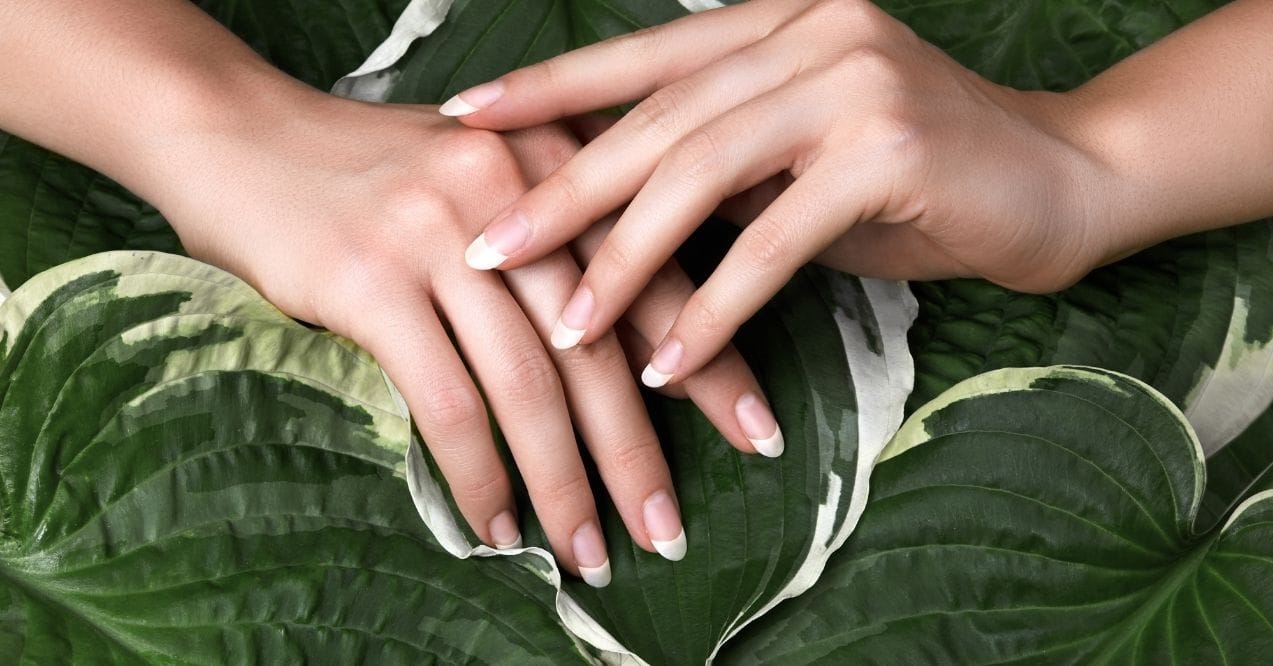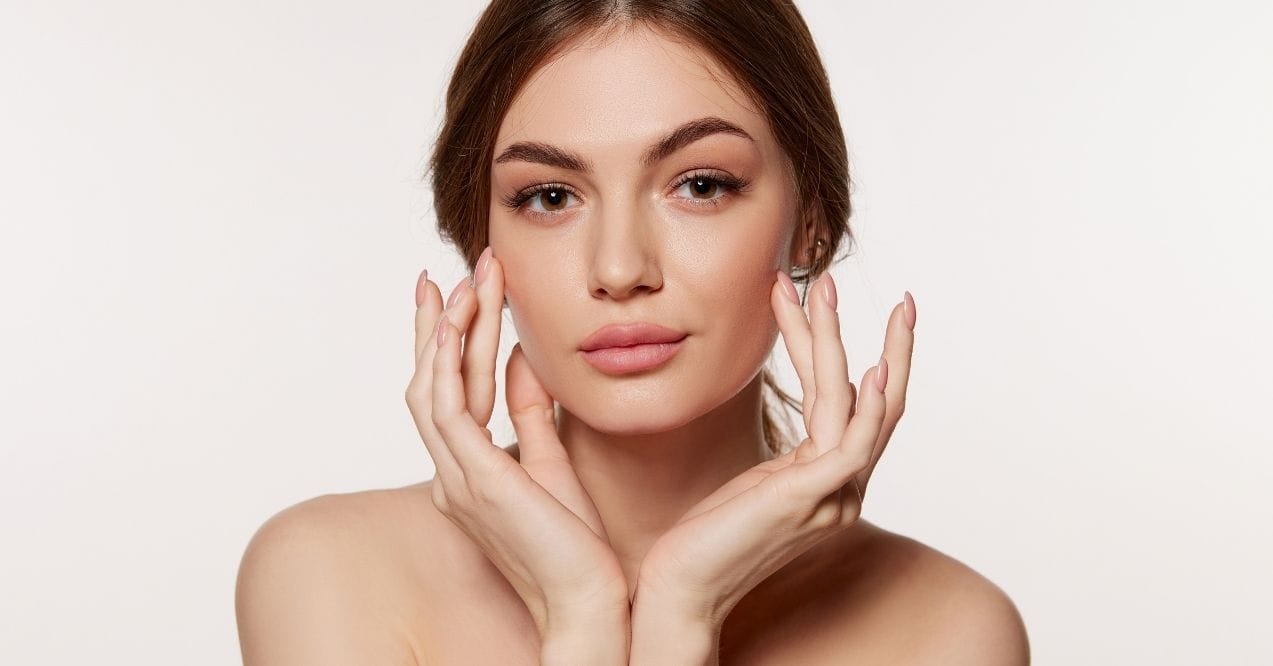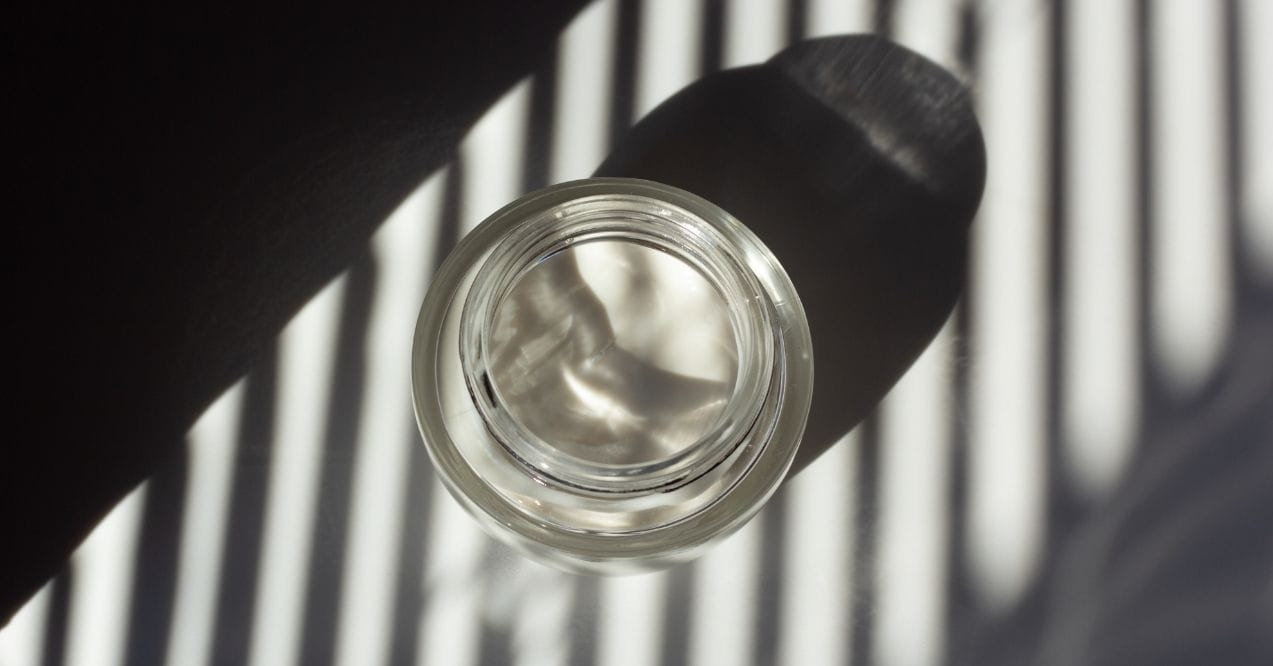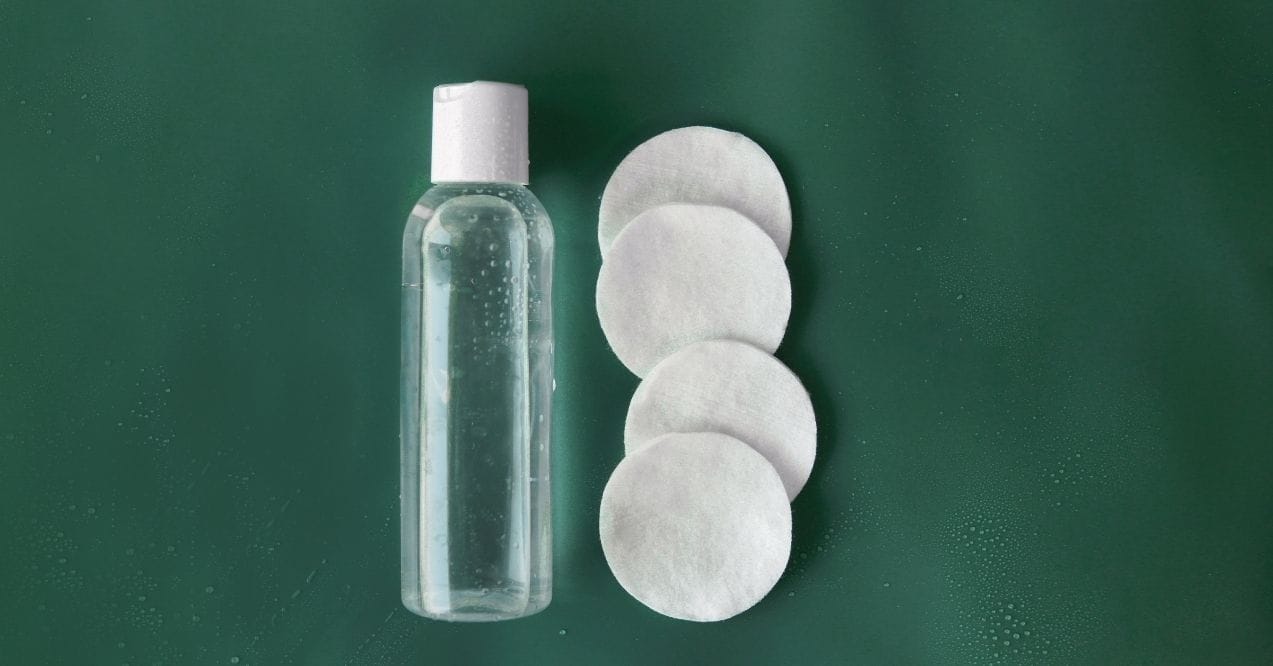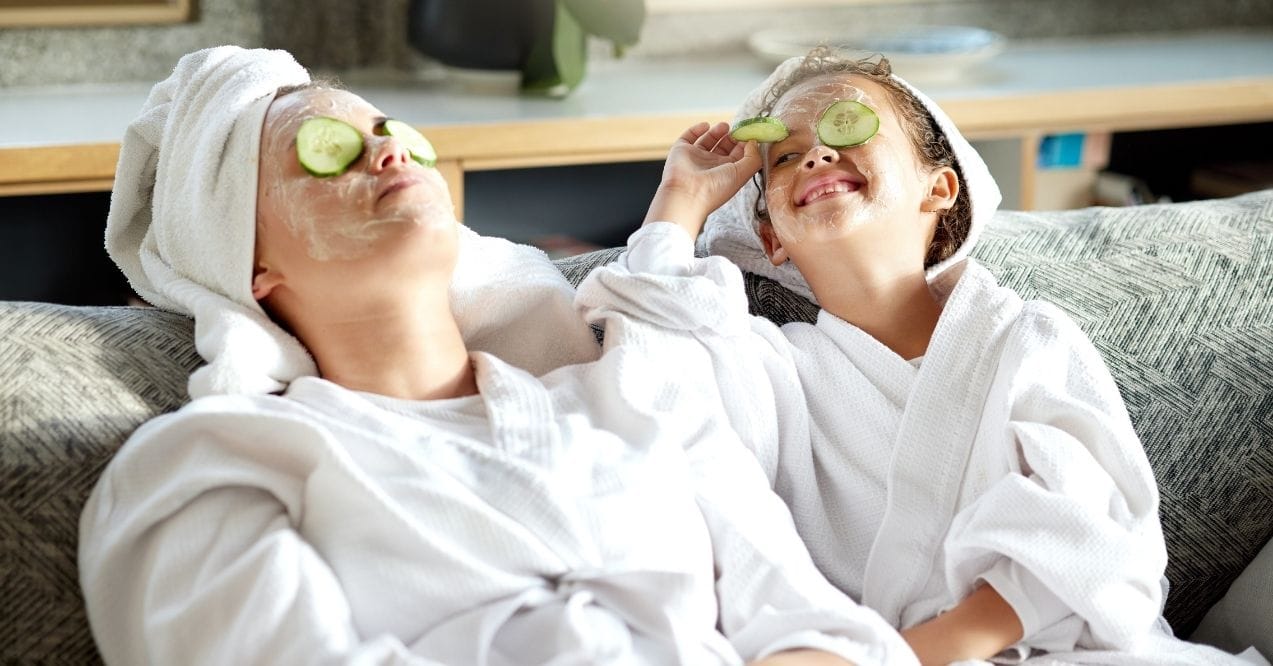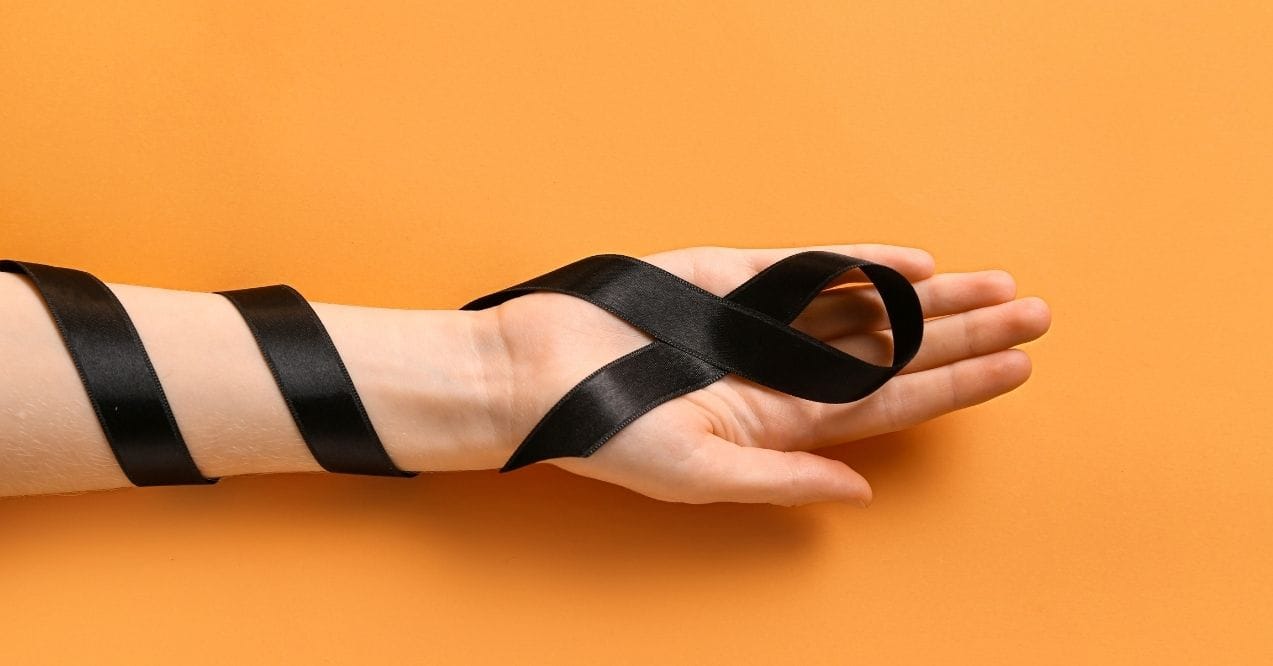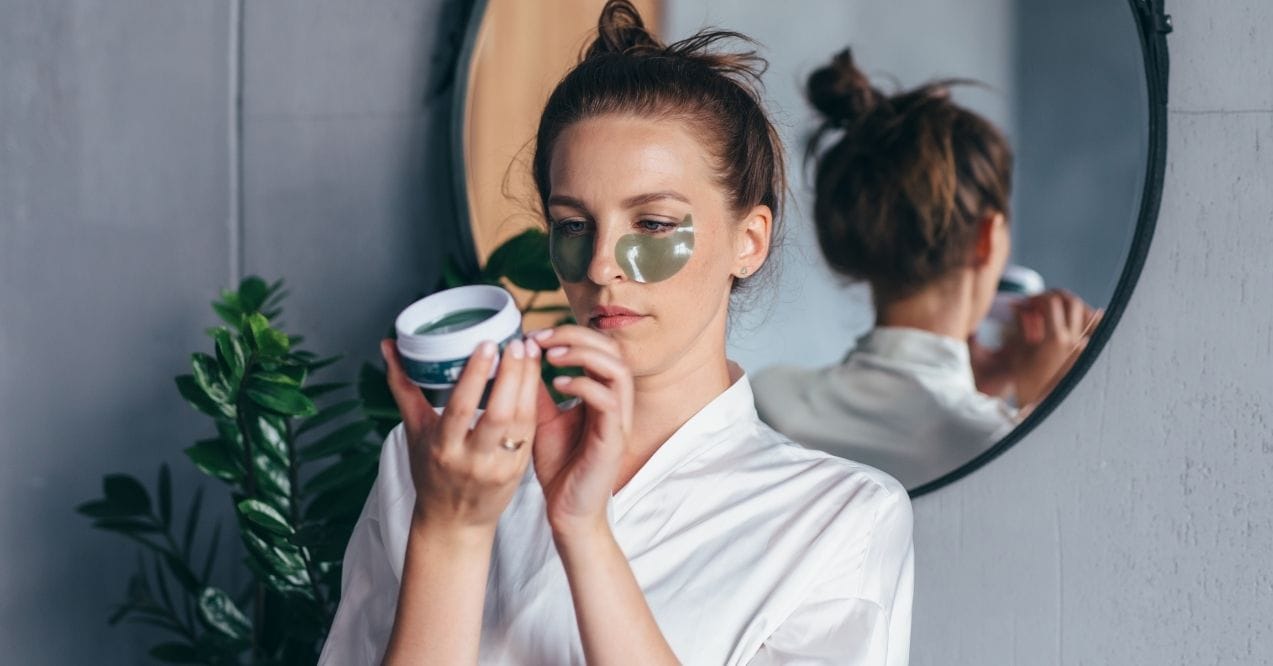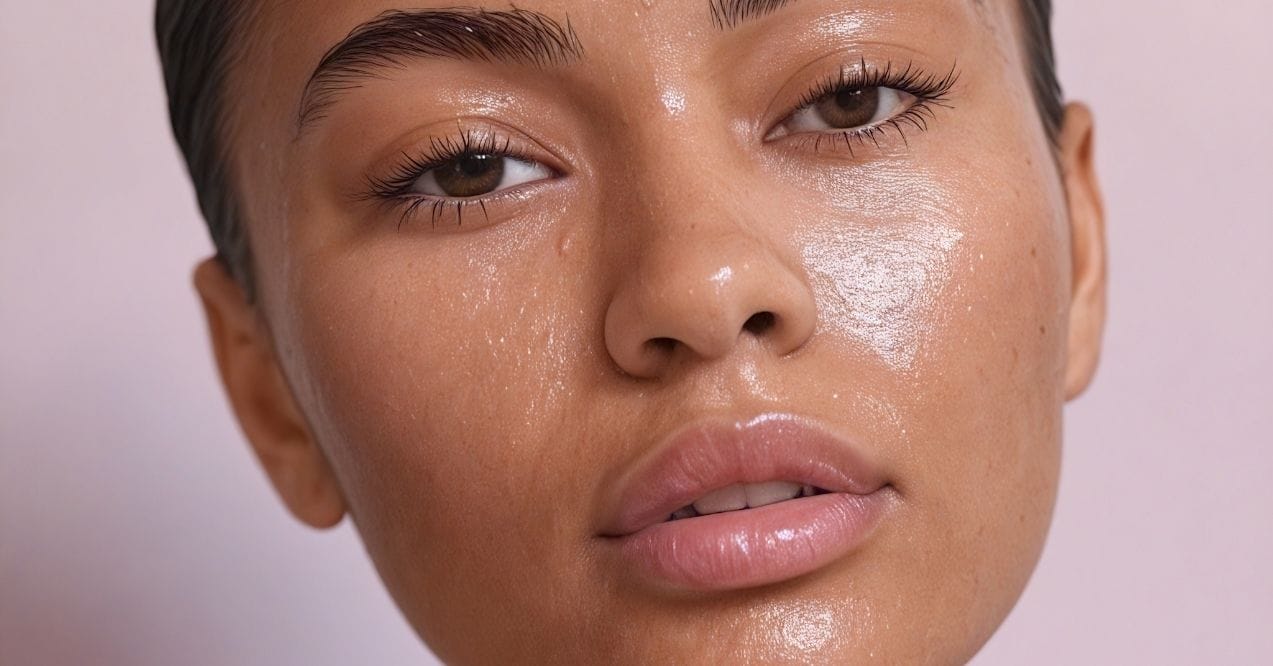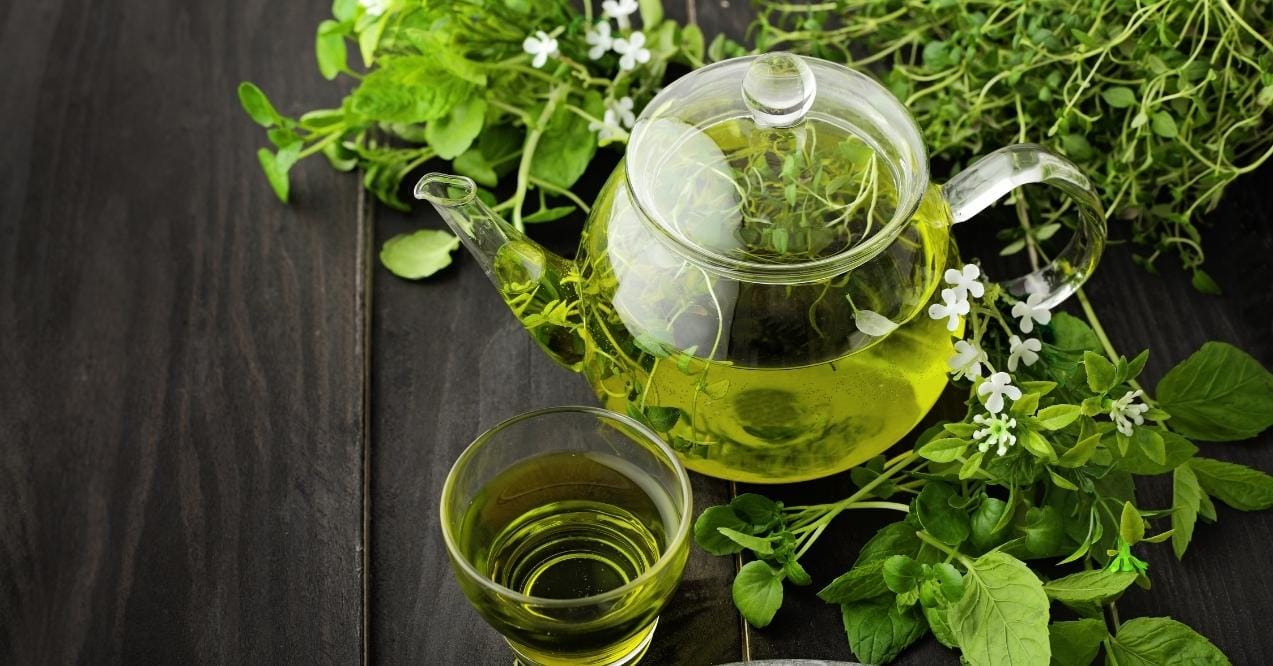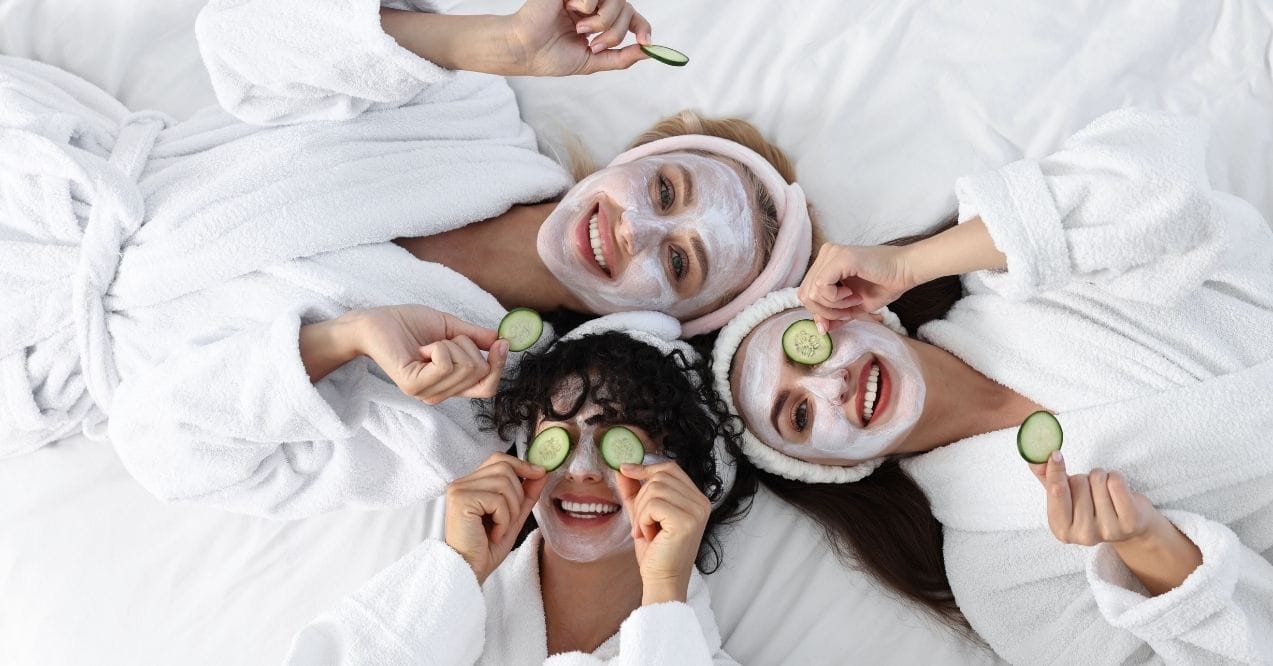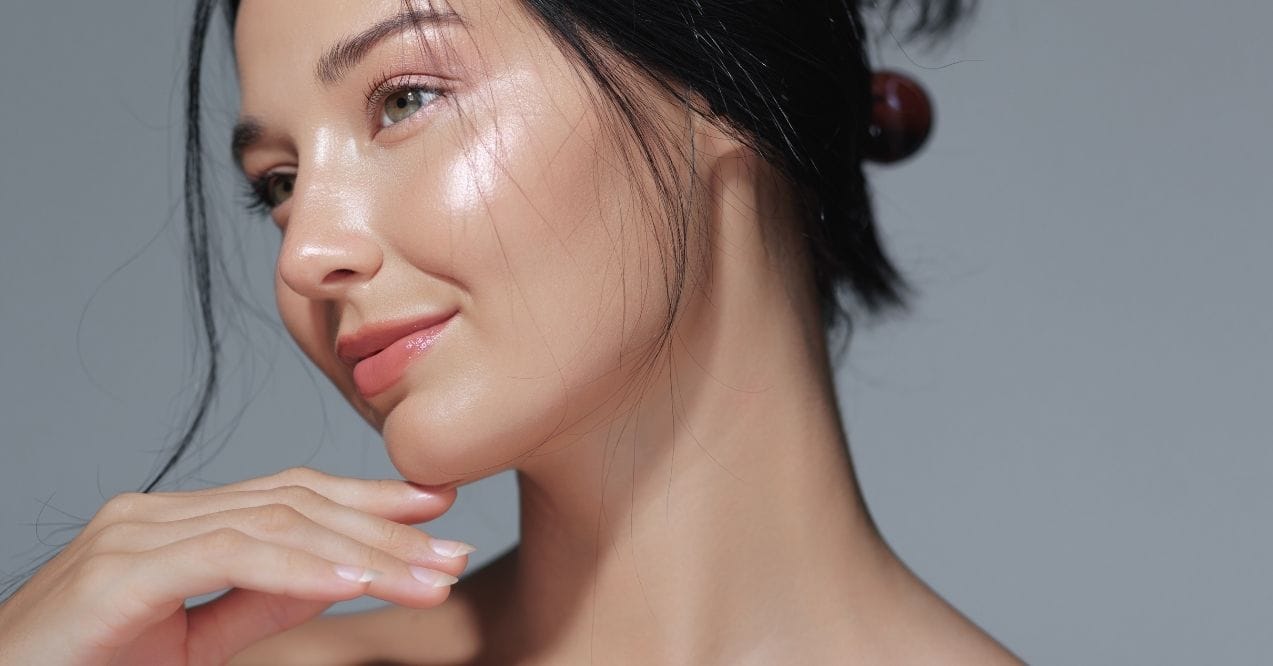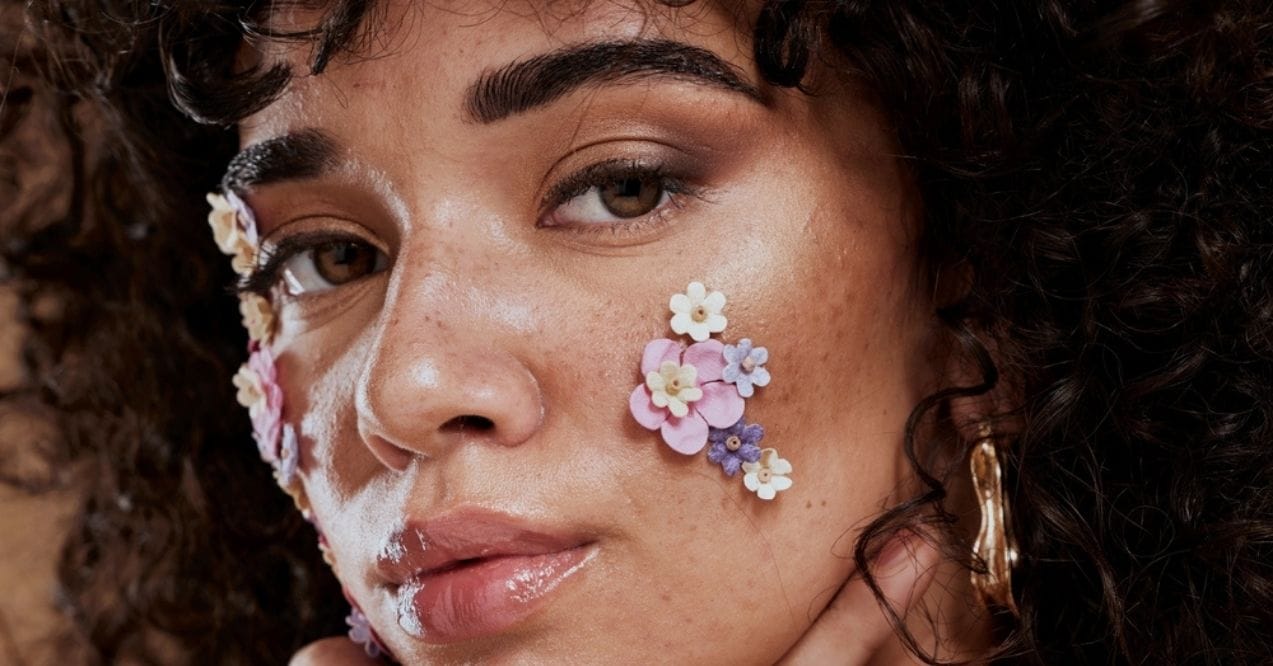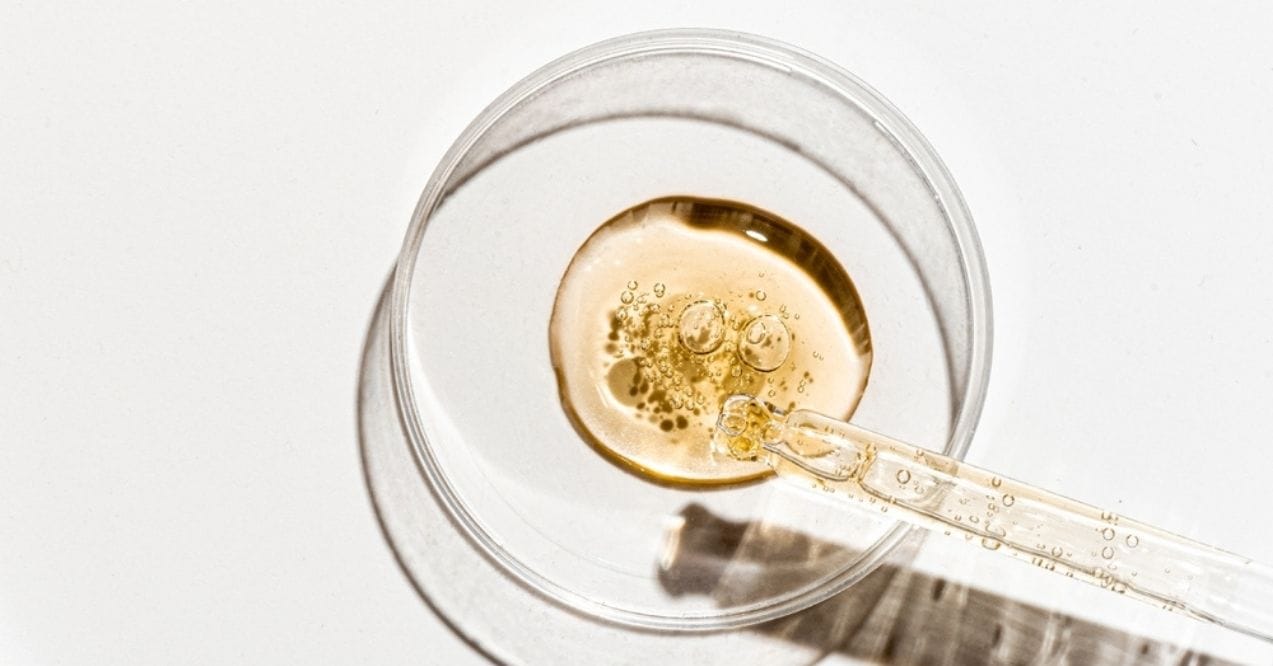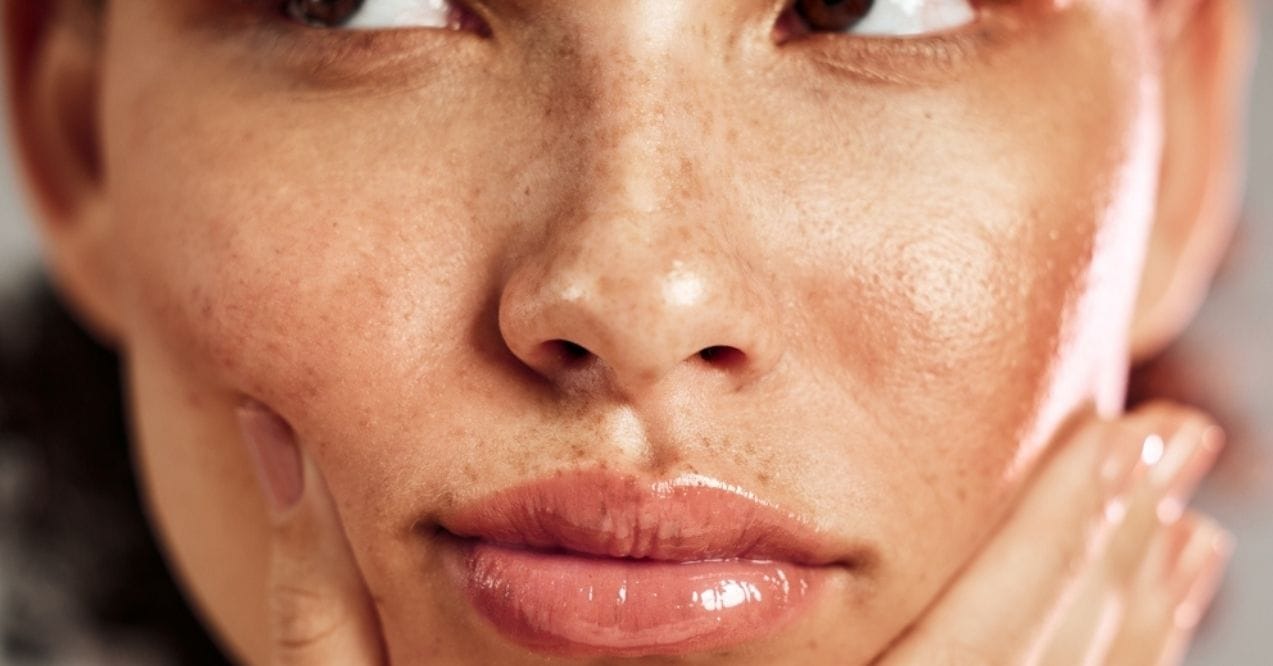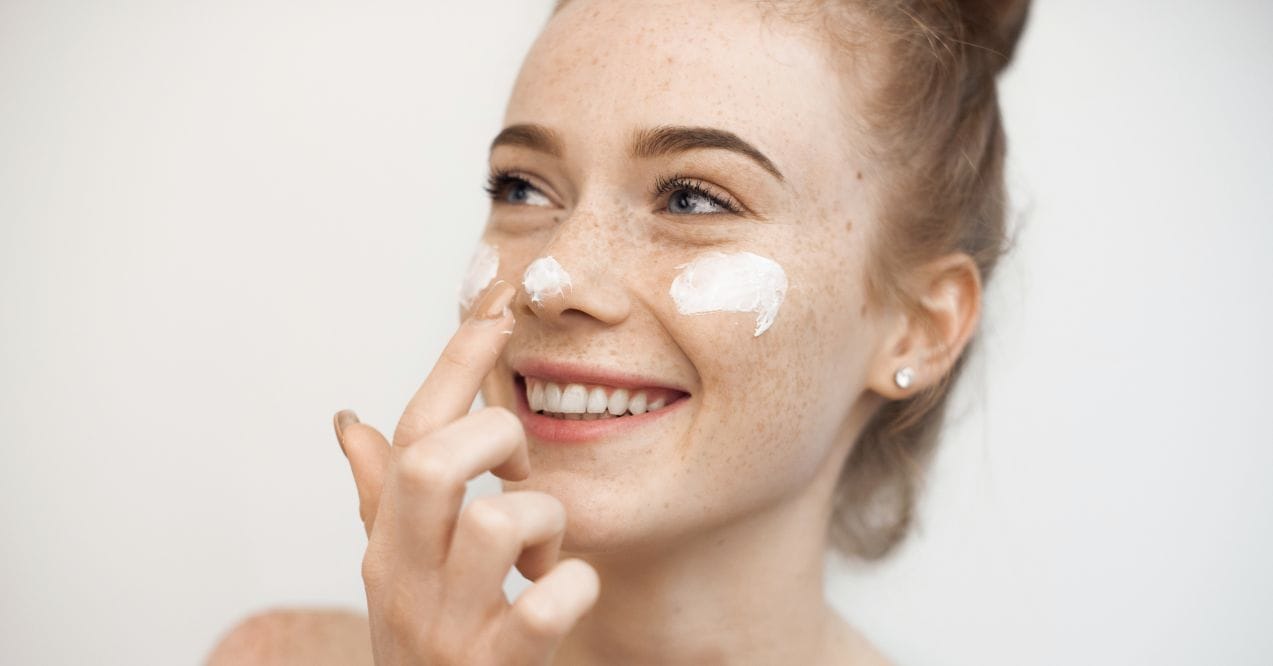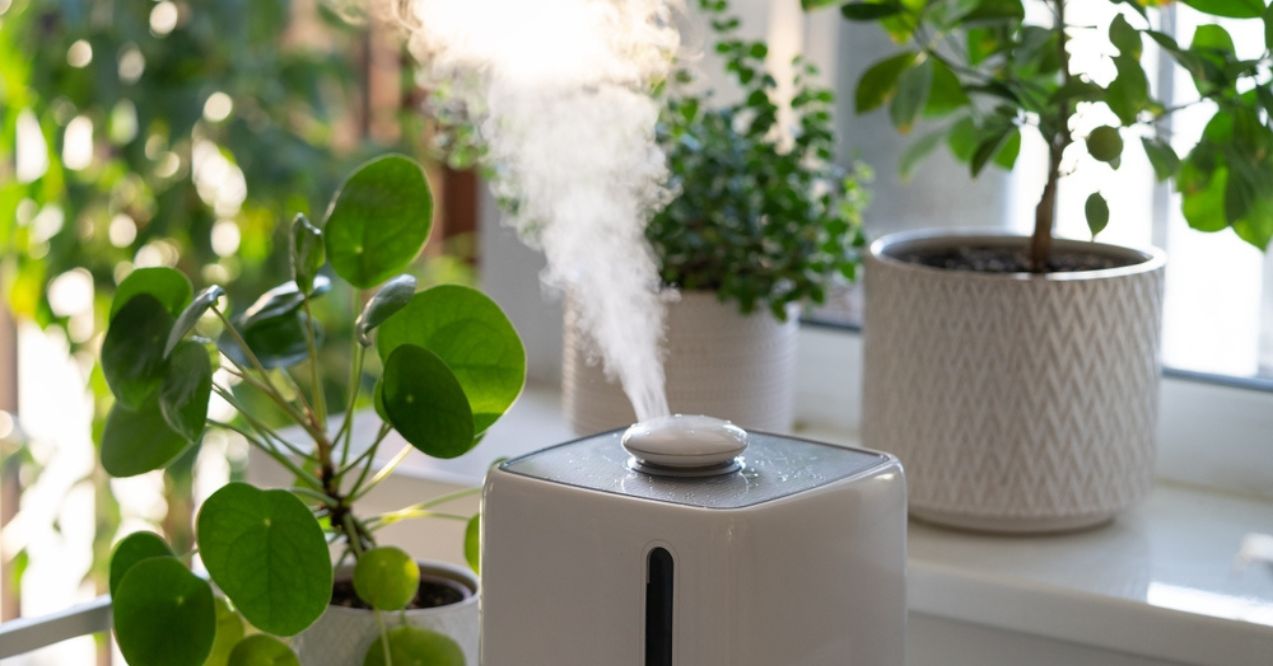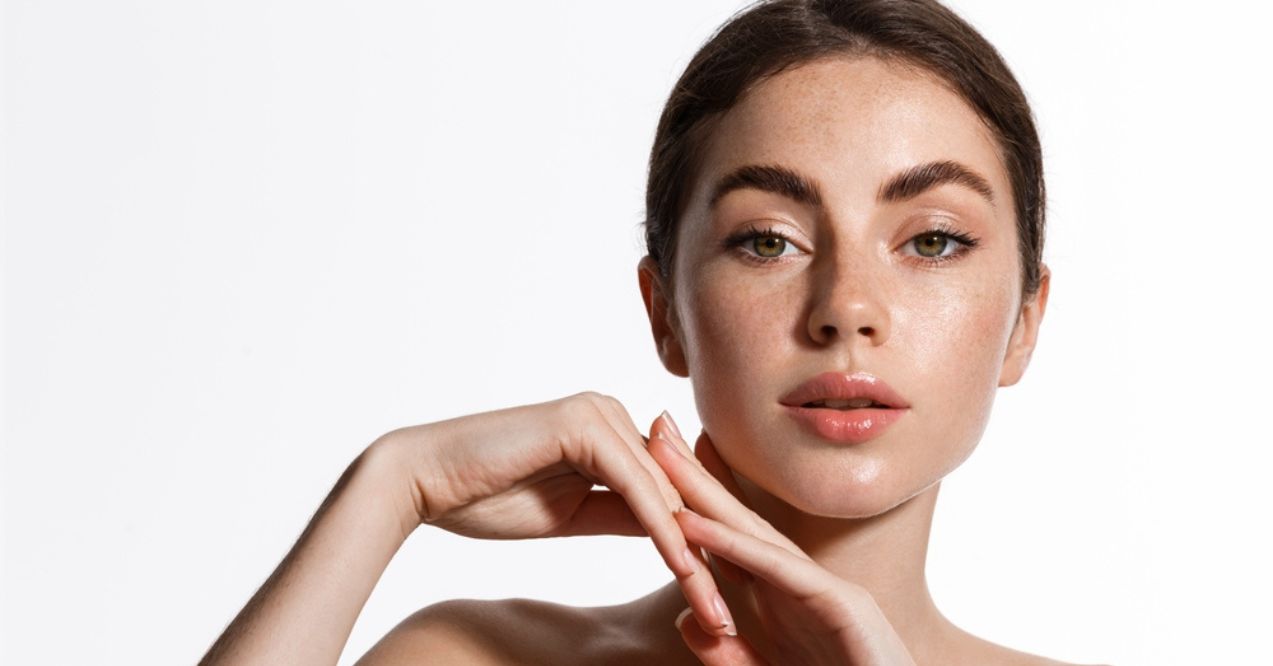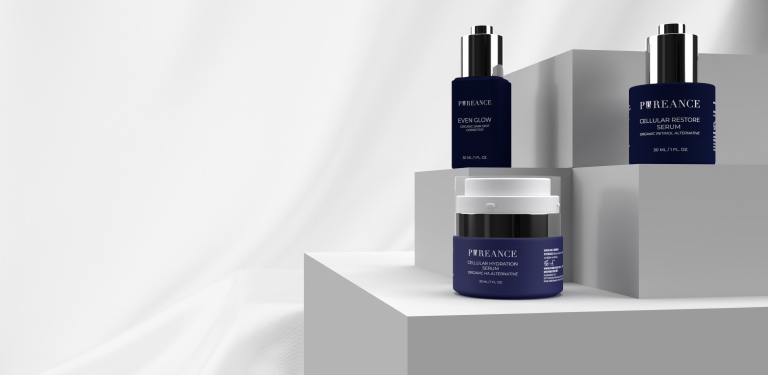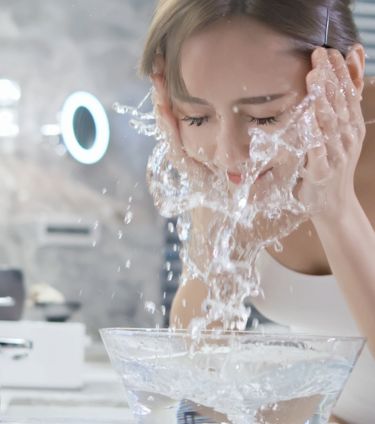


Is Cold Water Good for Your Face?
Is cold water good for your face? This question has been the subject of much debate and speculation in the world of skincare. While some swear by the invigorating and refreshing effects of splashing cold water on their face, others remain skeptical about its purported benefits. Therefore, in this blog post, we will delve into the science behind the impact of cold water on the skin and explore the potential advantages and drawbacks of incorporating this practice into your daily skincare routine.
Key Article Findings
- Cold water can reduce puffiness, tighten pores, regulate oil production, and enhance circulation, making it beneficial for many skin types.
- The constriction of blood vessels from cold water can help soothe acne and invigorate the skin, giving it a refreshed appearance.
- However, cold water may not cleanse as thoroughly as warm water and could exacerbate dryness in sensitive skin.
- To maximize benefits, use lukewarm water for cleansing and finish with a cold rinse, followed by moisturizing.
The Science of Cold Water on Skin
Understanding how cold water impacts your skin starts with examining its physiological effects. Cold water can trigger various responses in the skin, leading to both immediate and long-term changes in its appearance and health.
Skin Response
When you splash cold water on your face, your blood vessels constrict, a process known as vasoconstriction. This can help reduce puffiness and swelling, especially around the eyes. Additionally, cold water causes pores to tighten temporarily, giving your skin a smoother appearance. This reaction can also slow down oil production, making it beneficial for those with oily skin.
Comparison to Warm Water
In contrast, warm water promotes vasodilation, where blood vessels expand, increasing blood flow to the skin. This can help with deeper cleansing, effectively removing dirt and oils. However, warm water can also strip the skin of its natural oils, potentially leading to dryness and irritation, especially for sensitive skin. Cold water, on the other hand, is gentler and can help maintain the skin’s natural moisture balance while providing a refreshing and invigorating sensation.
6 Reasons You Should Wash Your Face With Cold Water
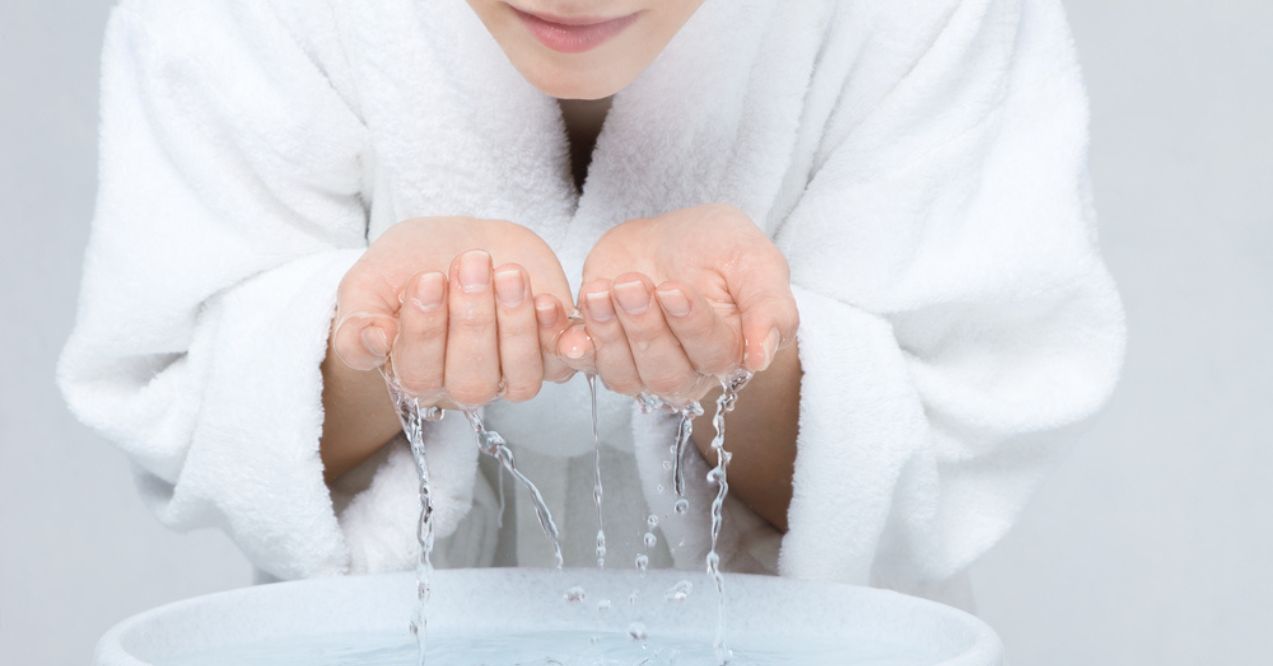
Is cold water good for your face? Here are six compelling reasons why you should consider incorporating cold water into your facial care routine.
1. Reduction of Puffiness and Swelling
One of the most notable benefits of washing your face with cold water is its ability to reduce puffiness and swelling. When you wake up in the morning, you may notice that your face appears slightly puffy or swollen, especially around the eyes. This is often due to fluid retention and poor circulation during sleep. By splashing cold water on your face, you may constrict the blood vessels, which helps to reduce the accumulation of fluid and diminish the appearance of puffiness. This instant pick-me-up can leave your face looking more refreshed and awake.
2. Tightening of Pores
Another advantage of using cold water on your face is its potential to tighten pores. When exposed to cold temperatures, the pores on your skin tend to contract and appear smaller. This can lead to a smoother, more refined skin texture. By regularly washing your face with cold water, you may notice that your pores become less visible over time, giving your skin a more even and flawless appearance.
3. Regulating Oil Production
When you wash your face with warm or hot water, it may stimulate the sebaceous glands, leading to increased oil secretion. Cold water, on the other hand, helps to control excess sebum production, keeping your skin balanced and less prone to shine throughout the day.
4. Enhances Circulation
Cold water can also enhance circulation in the skin. When you splash cold water on your face, it causes a sudden constriction of blood vessels, followed by a dilation as the body tries to warm up the skin. This process, known as vasodilation, increases blood flow to the skin, delivering essential nutrients and oxygen to the skin cells. Enhanced circulation can promote a healthy, glowing complexion and may even help to improve the overall texture and tone of your skin.
5. Soothing Acne
For those struggling with acne, cold water can be a soothing and beneficial addition to your skincare routine. Acne-prone skin is often characterized by inflammation and redness, which can be aggravated by warm or hot water. Therefore, by washing your face with cold water, you may help alleviate the severity of inflammation and provide relief to breakouts. Additionally, the cold temperature may also help reduce pore size and regulate sebum production.
6. Invigorating Skin
Washing your face with cold water can be an invigorating experience that leaves your skin feeling refreshed and energized. The sudden burst of cold water on your face can help to wake up your senses and give your skin a more vibrant and revitalized appearance. This is particularly beneficial in the morning when you need a quick boost to start your day or after a long, tiring day when your skin needs a pick-me-up.
So, is washing your face with cold water good for you? In short, the answer is yes! By incorporating cold water into your facial care routine, you can experience a range of benefits that promote healthier, more radiant skin.
Potential Drawbacks
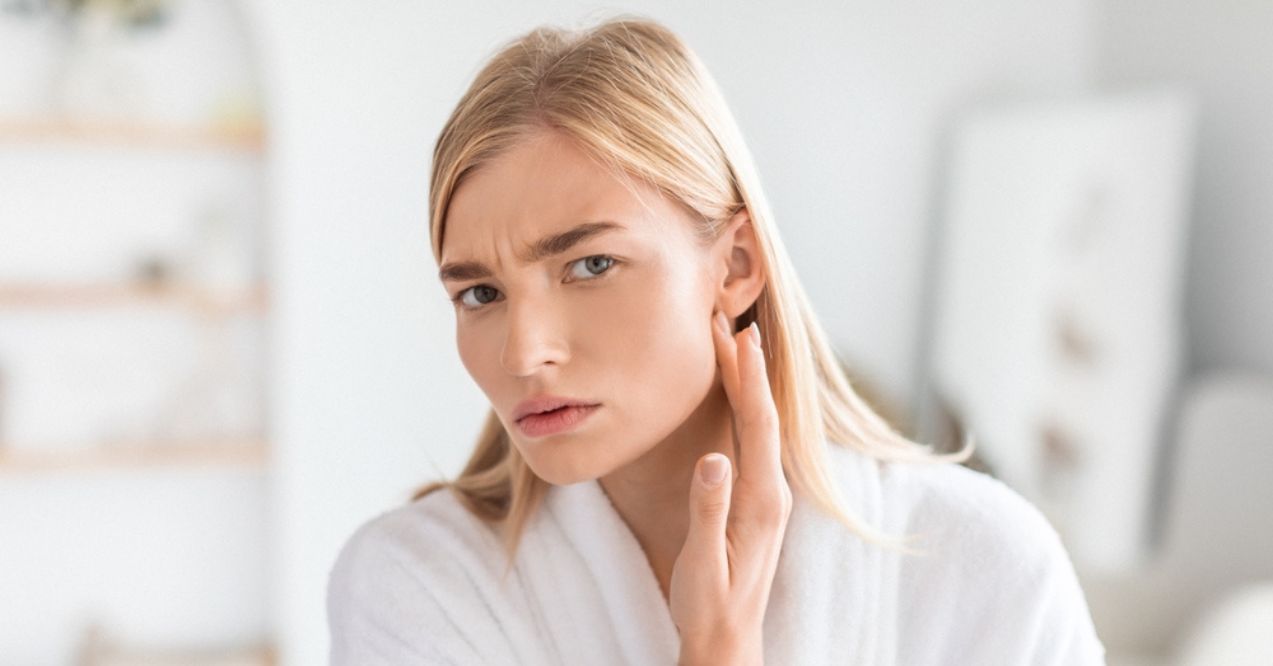
While washing your face with cold water offers several benefits, it’s essential to consider the potential drawbacks as well. When deciding whether should you wash your face with cold water, it’s important to take into account your individual skin type and concerns. Let’s explore two main potential drawbacks of using cold water on your face.
Incomplete Cleansing
One concern regarding washing your face with cold water is that it may not be as effective in cleansing the skin compared to warm water. Cold water may not be as efficient in breaking down and removing oils, dirt, and makeup from the skin’s surface. This can lead to incomplete cleansing, potentially causing clogged pores and breakouts. If you wear heavy makeup or have particularly oily skin, you may find that cold water alone is not sufficient to thoroughly clean your face.
Impact on Dry and Sensitive Skin
Does cold water dry out skin? While cold water itself does not directly cause dryness, it may not be as gentle and hydrating as lukewarm water. Cold water can potentially strip the skin of its natural oils, leading to further dryness and irritation. If you have dry or sensitive skin, it may be more beneficial to use lukewarm water, which is less likely to cause discomfort or exacerbate existing skin issues.
Practical Tips for Washing Your Face with Cold Water
If you’re convinced that washing your face with cold water is worth trying, you may be wondering how to incorporate it into your skincare routine effectively. Here are some practical tips to help you make the most of cold water cleansing:
- Start with lukewarm water – Begin your cleansing routine with lukewarm water to help remove dirt, oil, and makeup more effectively. Lukewarm water can help open up the pores and facilitate a thorough cleanse.
- Finish with a cold rinse – After cleansing your face with lukewarm water and your preferred cleanser, finish off your routine with a cold water rinse. This final step can help tighten the pores, reduce puffiness, and leave your skin feeling refreshed.
- Use a soft, clean towel – When drying your face after washing with cold water, use a soft, clean towel and gently pat your skin dry. Avoid rubbing your face aggressively, as this can irritate the skin and potentially cause damage.
- Moisturize afterwards – Is it better to wash your face with cold water? While cold water can offer benefits, it’s crucial to follow up with a moisturizer to keep your skin hydrated. Apply a moisturizer suitable for your skin type to help lock in moisture and prevent dryness.
- Be gentle with your skin – When washing your face with cold water, or any water temperature for that matter, be gentle with your skin. Use light, circular motions when cleansing and avoid scrubbing too harshly. Treat your skin with care to maintain its health and integrity.
- Listen to your skin – Pay attention to how your skin reacts to cold water cleansing. If you experience any discomfort, excessive dryness, or irritation, it may be a sign that cold water is not suitable for your skin type. Adjust your routine accordingly and opt for lukewarm water if needed.
Conclusion
Is cold water good for your face? The answer is generally yes, with several benefits such as reducing puffiness, tightening pores, and invigorating the skin. Cold water can also help regulate oil production and soothe acne-prone skin. However, it’s essential to balance these benefits with potential drawbacks, like incomplete cleansing and possible dryness for sensitive skin. By incorporating cold water thoughtfully into your routine—starting with lukewarm water for cleansing and ending with a cold rinse—you can enjoy its refreshing effects while maintaining a healthy, radiant complexion.
Dipping your face in cold water daily can offer benefits like reducing puffiness and tightening pores. However, it may not be suitable for everyone, particularly those with dry or sensitive skin. Listen to your skin and adjust your routine accordingly.
The frequency of dipping your face in cold water depends on your skin type and preferences. Once or twice a day, such as in the morning and evening, can be beneficial. Pay attention to your skin’s response and adjust as needed.
Cold water may temporarily tighten the skin, making wrinkles appear less noticeable. However, it cannot eliminate wrinkles or reverse the aging process. A comprehensive skincare routine that includes moisturization and sun protection is more effective for managing the appearance of wrinkles.
This site offers health, wellness, fitness and nutritional information and is designed for educational purposes only. You should not rely on this information as a substitute for, nor does it replace, professional medical advice, diagnosis, or treatment. If you have any concerns or questions about your health, you should always consult with a physician or other health-care professional. Do not disregard, avoid or delay obtaining medical or health related advice from your health-care professional because of something you may have read on this site. The use of any information provided on this site is solely at your own risk.
Nothing stated or posted on this site or available through any services are intended to be, and must not be taken to be, the practice of medical or counseling care. For purposes of this agreement, the practice of medicine and counseling includes, without limitation, psychiatry, psychology, psychotherapy, or providing health care treatment, instructions, diagnosis, prognosis or advice.



